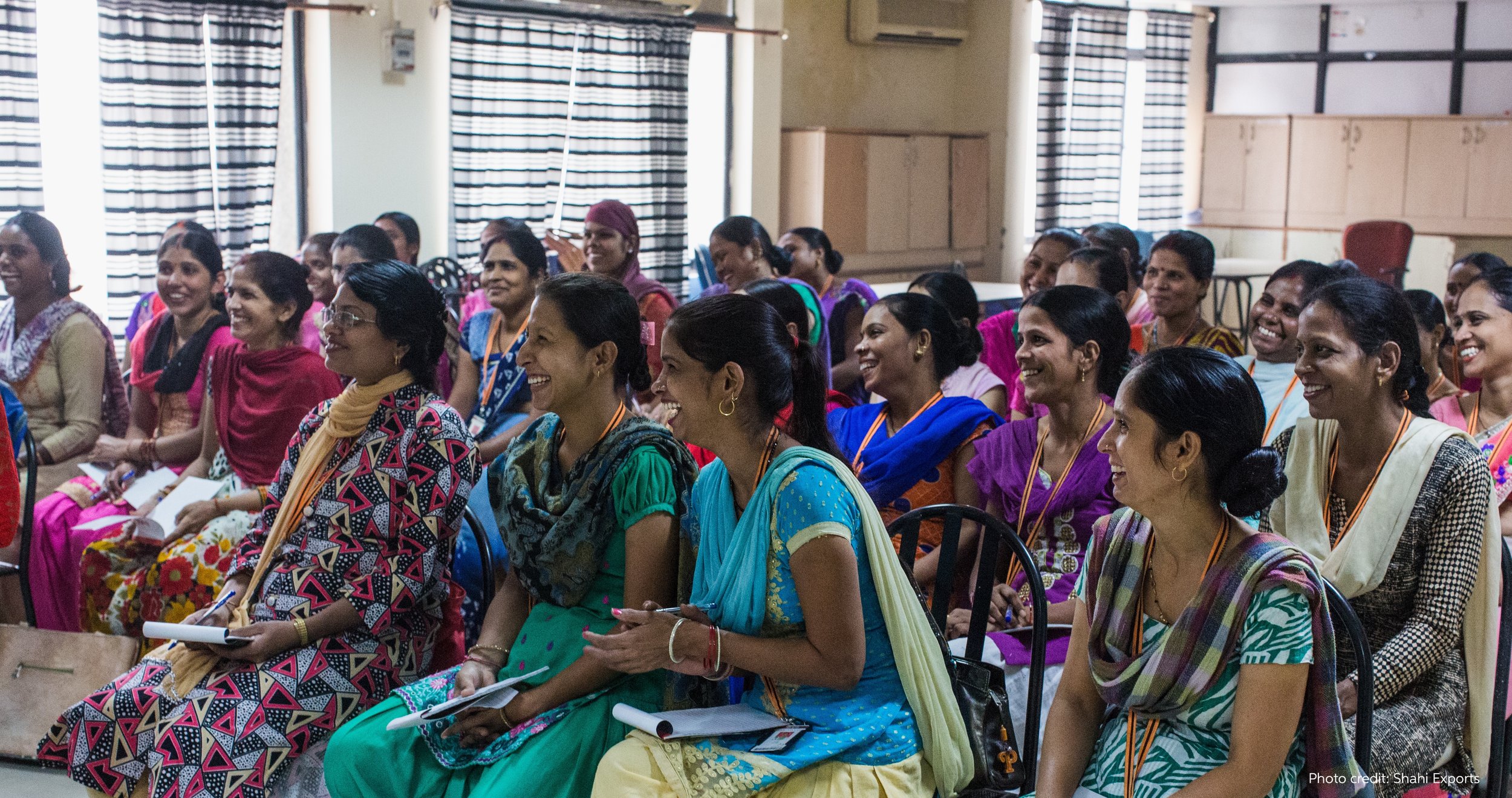
Mission and History
Learn how SLCP’s approach promotes convergence and collaboration to drive decent working conditions globally
Problem
-
The last three decades has seen an explosion in the number and variety of social audits to monitor compliance in global supply chains. Many brands (buyers) have implemented their own proprietary audits and traditionally there has been little sharing of audit data.
This has led to manufacturers facing a significant audit burden, with many undertaking several similar or repetitive audits throughout the year for different clients. It also means many buyers are gathering data that has already been collected elsewhere. While it is widely recognized that audits are just one small first step to improving working conditions, a lot of resource has been tied up in this activity due to duplication and lack of collaboration.
The current rise of Human Rights Due Diligence (HRDD) legislation presents an opportunity to drive widespread improvements to working conditions, but it also risks exacerbating the reporting burden on manufacturers if we continue to take a fragmented and non-collaborative approach to the collection of social and labor data.
Our Solution:
-
SLCP has taken a multi-stakeholder approach to developing and implementing a universal social and labor assessment tool, comprehensive enough to cover the data points gathered by nearly all other social audits. The tool – called the Converged Assessment Framework (CAF) – determines compliance with national labor laws and international labor standards but applies no arbitrary scoring system, allowing stakeholders the freedom to analyze the data through their own lens.
The CAF delivers credible and actionable social and labor data that supports meaningful human rights due diligence and facilitates collaborative solutions to improve working conditions.
As the supply chains’ go-to tool for foundational social and labor data, the CAF stands out because of SLCP’s:
Strong multi-stakeholder governance structure and collaborative approach
Widespread industry support
Rapid growth in adoption since launch
Significant resources unlocked for improvement
Our Mission:
To unite and support all stakeholders by developing and deploying a Converged Assessment Framework (CAF) that delivers harmonized, accessible and trusted data.
Our Vision:
Decent working conditions in global supply chains
Our Vision statement outlines the world we all want to see – one where decent working conditions in global supply chains are standard practice. Our Mission captures the distinctive role we play in realizing that Vision. Underpinning our Vision are four Value Drivers that in turn have shaped our Strategic Aims.
Our Journey
2016
SLCP was established as a multi-stakeholder project, led by Cascale (formerly the Sustainable Apparel Coalition), aimed at converging social audits and improving working conditions in the industry. SLCP held its first public launch event in February 2016, beginning its journey as a multi-stakeholder initiative.
2019
SLCP launched the Converged Assessment Framework (CAF), marking its transition from a development project to an established program.
2025
Since then, 17,800+ facilities across 120+ countries have adopted the CAF. More than 100 major brands and standard holders publicly accept SLCP data.
Today, SLCP operates as an independent non-profit foundation based in the Netherlands.
The Road Ahead
As we move forward, we’re building on these foundations to advance our vision of decent working conditions in global supply chains.
Who is involved with SLCP?
SLCP is a stakeholder-driven initiative made up of
brands & retailers • manufacturers • agents • audit firms • consultancies • standard holders • multi-stakeholder initiatives • civil society • industry associations • governments • intergovernmental observers
SLCP is owned by its signatories and exists to achieve their shared vision of improved working conditions through implementation of the CAF.







